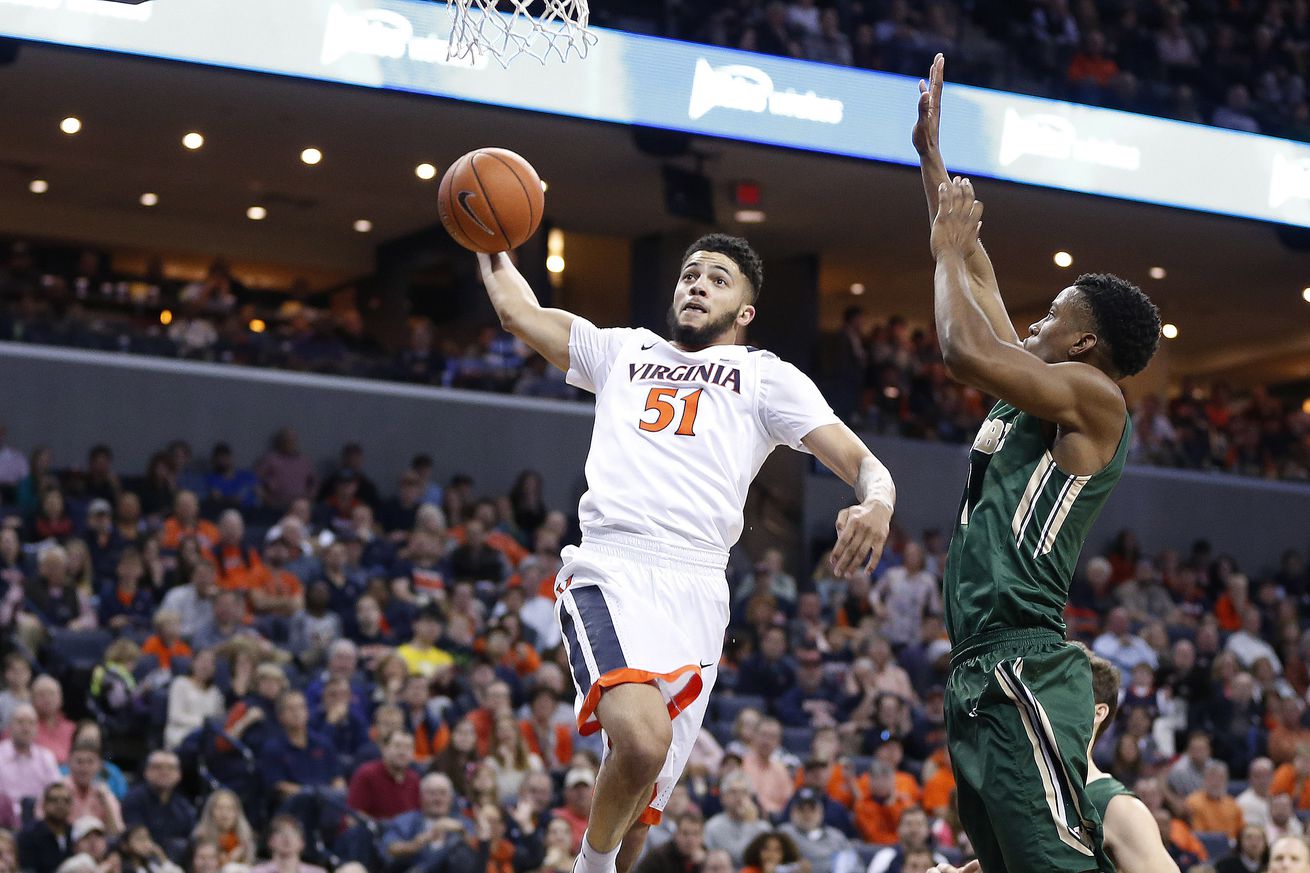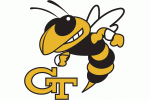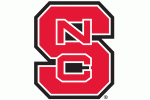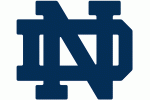Darius Thompson became the third player to transfer out of the program this offseason, announcing today that he’ll join Marial Shayok and Jarred Reuter on the way out.

Darius had a nice season for us. He scored in double figures 11 times, raised his assist percentage (21.4%) close to where it was in his freshman year as a pure point guard at Tennessee, and cut his turnovers considerably. He played very well as a primary ball-handler off of the bench, touching the paint off the dribble and setting guys?—?particularly London?—?up with good looks. Defensively, he curtailed a troublesome tendency to gamble in the passing lanes and emerged as a nimble perimeter stopper. Given his close to the season (69 minutes and two starts in the NCAA Tournament), it wasn’t hard to imagine him playing a major supporting role next season.
It feels like Thompson, like Shayok and Reuter before him, just wanted the security of a guaranteed role?—?especially with just one season remaining in his college career. While he played in 70 of 71 games at Virginia, his role vacillated wildly; he started 25 games but played single-digit minutes 11 times.
I get Darius’s departure a little bit less than I did those of Marial and Jarred, but it makes sense —programs just don’t operate with as many players expecting minutes as we had and would have continued to have.
We had 11 active scholarship players when this season started. Even with Austin Nichols getting the boot and London Perrantes graduating, we would have had 12 guys active on opening night of 2017–18 if no one had left. It would have been a tight squeeze.
There would have been six upperclassmen on the roster, and while a few of them (Devon, Jack, Isaiah) earned starting spots this past year and are valuable contributors, there isn’t a lot of star power among the group. Meanwhile, the 2016 freshman class —highly touted upon arrival and now five deep with the redshirts coming off of Jay Huff and DeAndre Hunter?—?has the potential to be special across the board. There is more raw talent among that group than there is with the older guys.
Managing that dynamic?—?the arrival of kids with more talent than the veterans?—?is an awkward juggling act; coaches want to convey to players that they’re valuable, but feeding players the bullshit lines that they want to hear about what their role will be in order to have a happy offseason isn’t fair to them and sets everyone up for trouble later. It’s tough situation for the players, too. Even if they love their coaches, teammates, and their college experience?—?which they often do?—?these are high-level athletes that went to college to play basketball and have dreams (realistic or not) of playing professionally somewhere. With the clock ticking on their college careers, it’s hard for them to hear that their next season might not look like what they want it to (especially if the previous one didn’t either). Something had to give from this carefully stacked Cavalier house of cards, and not surprisingly, it has been the less-touted and slightly overshadowed older guys.
Long story short: don’t panic. This happens. The sky is not falling (yet) and no one is a bad guy.
Thompson‘s Virginia legacy includes a few big dunks and of course, this:
He’s apparently on pace to graduate, so he’ll be eligible immediately wherever he goes. Good luck, Darius.



















